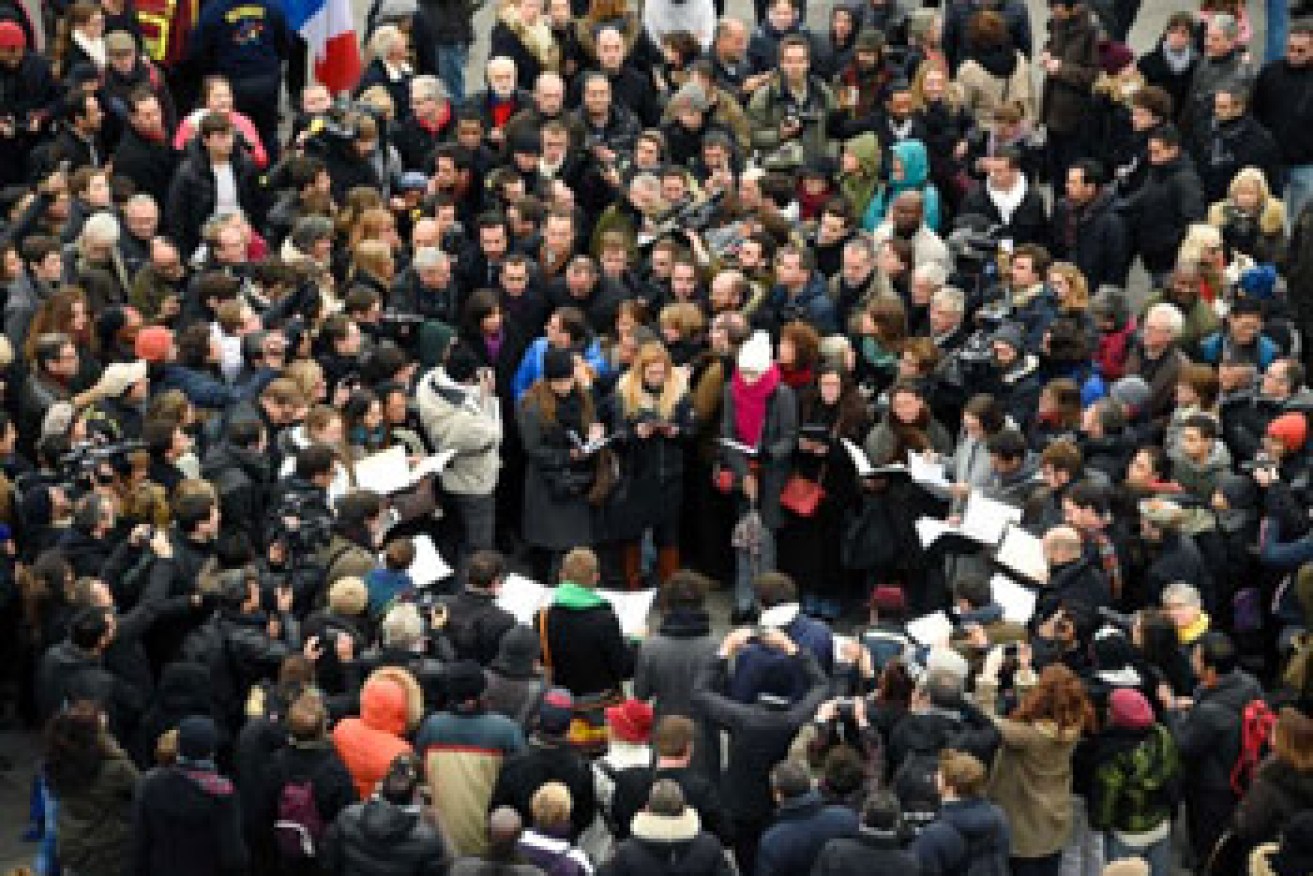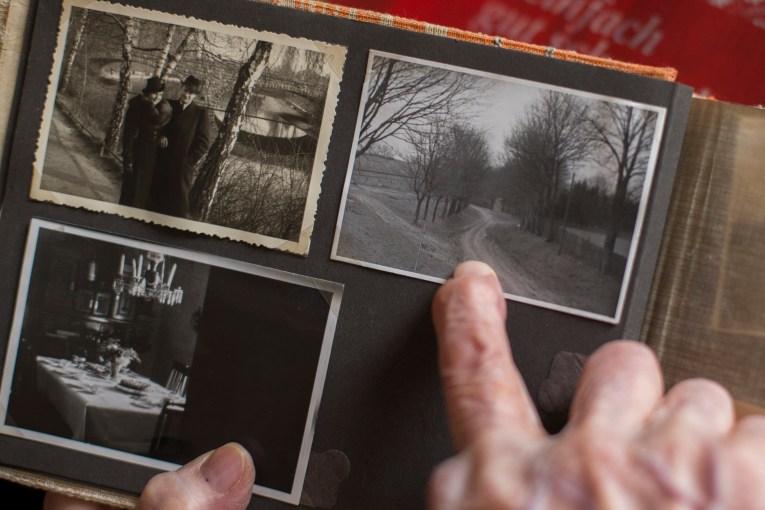Hollande visits mosque as Paris reflects

AFP
French President Francois Hollande has made an unannounced visit to the main mosque in Paris, a year after jihadist attacks in the French capital.
“The President had a short conversation and a moment of friendship and fraternity over a cup of tea,” a French presidency official said.
Mosques across France opened their doors to the public this weekend in a bid by the Muslim community to build bridges following a series of jihadist attacks that rocked France in 2015.
• Attacker killed in Paris on Charlie Hebdo anniversary
• Charlie Hebdo unveils another controversial cover
• Charlie Hebdo’s crash cartoons anger Russians
Earlier on Sunday, Mr Hollande attended a low-key event to mark a year since 1.5 million people thronged Paris in a show of unity following the shootings at Charlie Hebdo newspaper and a Jewish supermarket.
People attending the event in the Place de la Republique were searched by armed police before standing around a simple stage and a monument covered in the red, white and blue French flag.
President Hollande unveiled a plaque next to an oak tree planted in the square in memory of the victims of the jihadist outrages that rocked France in 2015, beginning with the shootings at Charlie Hebdo.
Veteran rocker Johnny Hallyday performed a short song and the army’s choir gave a rousing rendition of the Marseillaise.
Understated event remembers enormous demonstrations 12 months ago

Members of the public sing following a remembrance rally at Place de la Republique. Photo: AFP
The understated event was a far cry from January 11, 2015, when 4 million citizens rallied across France, in the biggest mass demonstrations since the end of World War II.
The outpouring of support for freedom of expression was crowned by a huge march in Paris that included German Chancellor Angela Merkel, Israeli Prime Minister Benjamin Netanyahu and Palestinian leader Mahmoud Abbas.
Twelve people were killed in the January 7, 2015 assault on Charlie Hebdo, which had been in the jihadists’ sights since publishing cartoons of the Prophet Mohammed in 2006.
The next day, another extremist, Amedy Coulibaly, shot dead a policewoman before killing four people in a siege at a Jewish supermarket.
France’s year of jihadist bloodshed culminated in the coordinated shootings and suicide bombings in Paris on November 13 that killed 130 people and were claimed by the Islamic State (IS) group.
Sunday’s event was dedicated to all the victims from the attacks last year, which left the country in shock and under stringent security measures, including a state of emergency.
One of those who attended the commemoration, Jacques Clayeux, a 54-year-old museum technician, had known one of the murdered cartoonists, Tignous.
“Everyone grew up with those guys,” he said.
“But I have mixed feelings today. It is terrible to attack journalists, but it’s scary to live under a state of emergency.”








